Healthy Family Summer Recipe’s
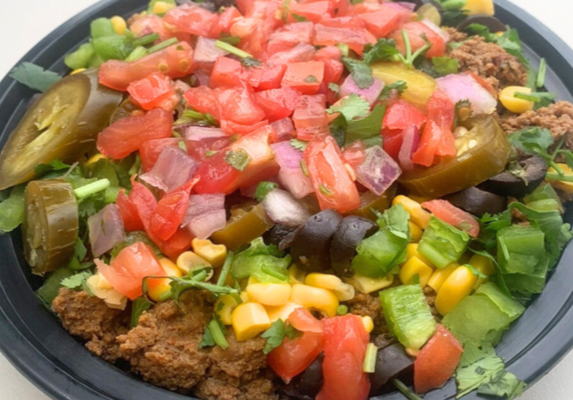

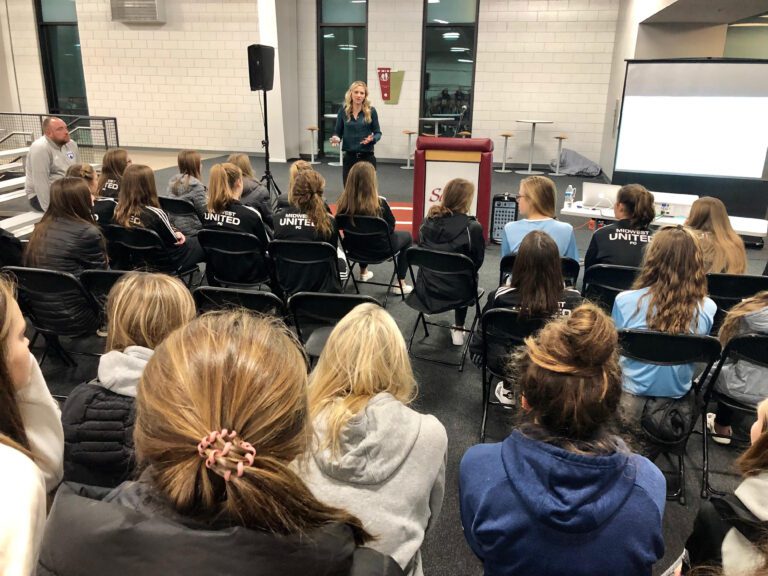
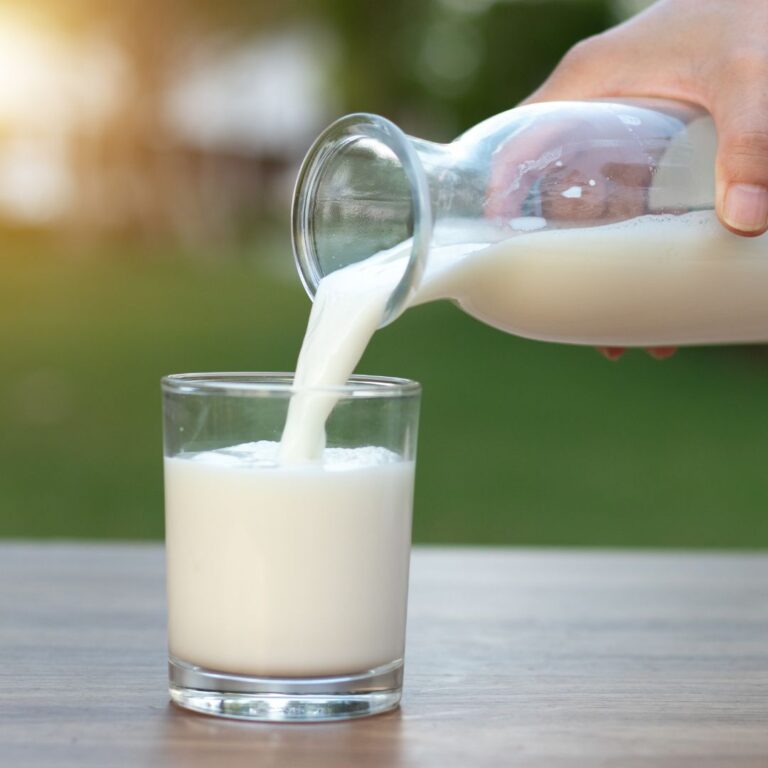



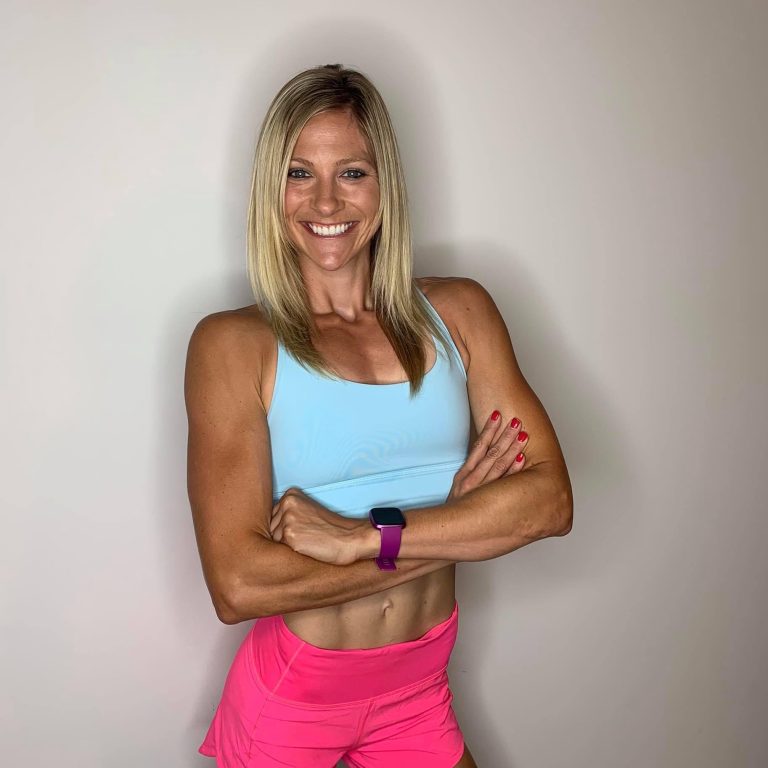

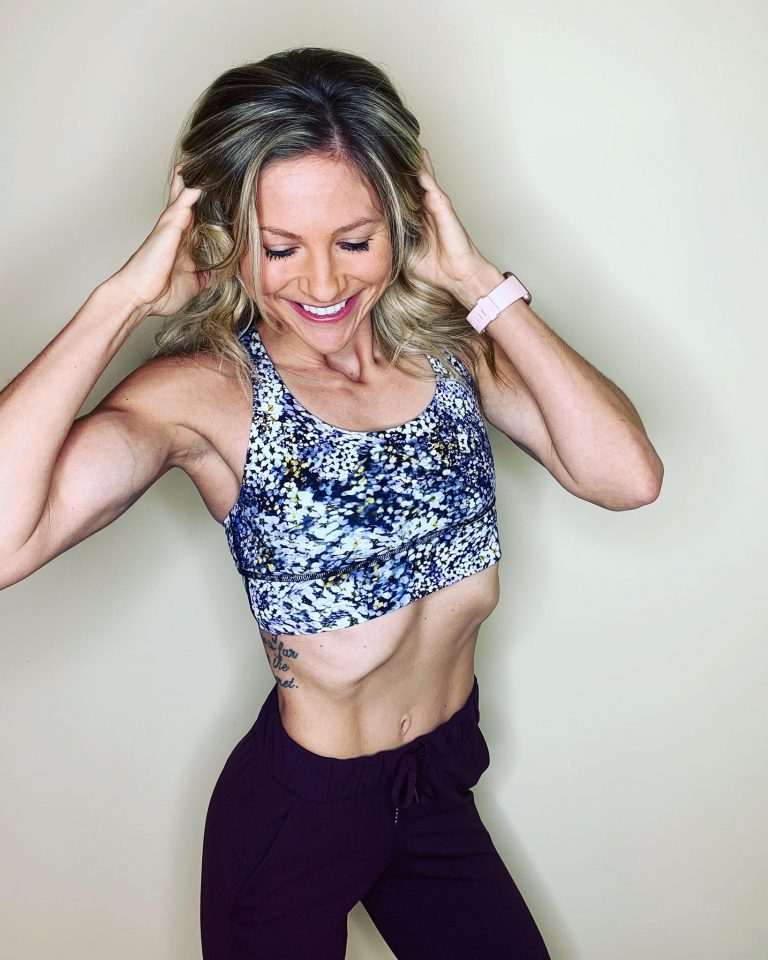
Have you ever felt “out-of-control” in areas of your life that you know Jesus wants you to be better in? I am not talking about attending church or worship here. Yes, you should absolutely attend regularly and seek His word.…

Movement is medicine Research shows that even just 150 minutes/week of physical activity for adults can not only treat chronic conditions like cancer, type II diabetes, and heart disease but can also help prevent them according to the American College…

It seems like everyone is on a diet these days. In fact, many have spent their entire lives trying to lose weight and are chronically dieting. According to the CDC nearly one-half of adults have tried to lose weight within…

Obesity and overweight More than one-third of U.S. adults have obesity, which is defined as having a BMI > 30. According to the World Health Organization, obesity has nearly tripled worldwide since 1975. In 2016, > 1.9 billion adults, 18…